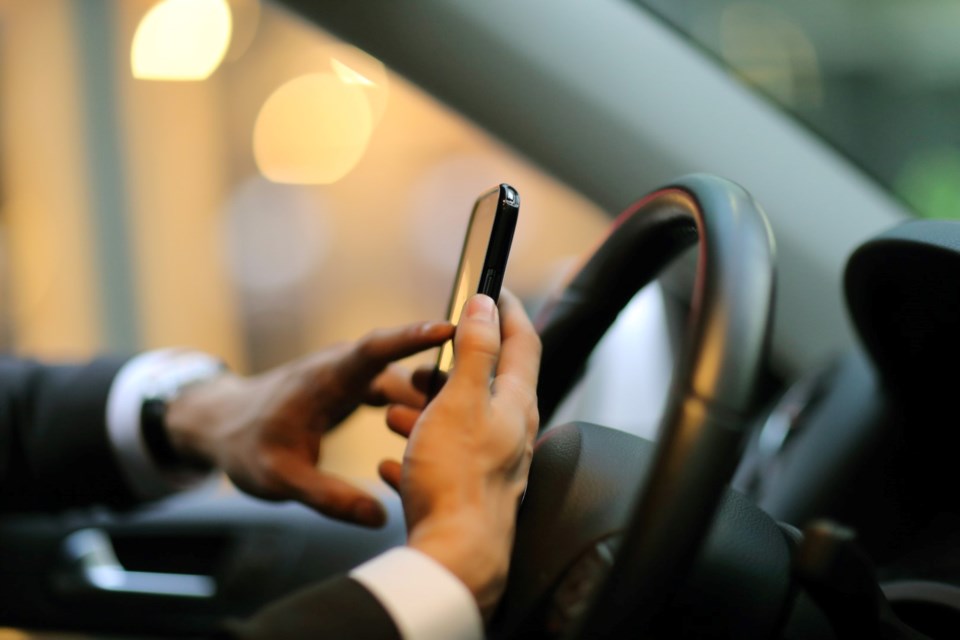Over the course of an average week, we are bound to run into individuals who ignore existing laws and bylaws.
When this happens, we tend to think, “this is not who we are.”
In our most recent two-country survey, just over than three in four Americans (76 per cent) say most of the residents of their city are law-abiding. In Canada, a slightly lower proportion (73 per cent) believe this is the case.
Our faith in the inhabitants of our communities is not geographically uniform. In Quebec, only 65 per cent of residents say most people in their municipality are law-abiding. The proportions rise in Alberta (67 per cent), Ontario (75 per cent), Atlantic Canada (also 75 per cent), Saskatchewan and Manitoba (76 per cent), and British Columbia (83 per cent).
The United States also sees some regional shifts, with the highest level of confidence in the proper conduct of neighbours being observed in the West (79 per cent) and dropping slightly in the Midwest (75 per cent), the South (73 per cent) and the Northeast (71 per cent).
Our trust in the overall community does not provide immunity against those who will insist on breaking the law. When we tested specific law and bylaw violations that might enrage people, the level of animosity is significantly superior among Canadians.
More than seven in ten Canadians say witnessing the following six actions makes them “very” or “moderately” upset: not picking up dog waste (84 per cent), using a hand-held cell phone when driving (81 per cent), littering (79 per cent), throwing cigarette butts on the ground (78 per cent), parking in a handicapped spot without a decal (74 per cent) and speeding on a municipal road or street (71 per cent).
Three of these six actions entail leaving something behind that was not supposed to be there. The other three are related to civility for drivers.
More than seven in ten Americans are upset by four of the same actions: littering (79 per cent), not picking up dog waste (77 per cent), parking in a handicapped spot without a decal (73 per cent) and using a hand-held cell phone when driving (71 per cent).
Americans are less likely to lose their minds over a driver speeding on a municipal road or street (66 per cent, five points lower than Canada) or a person throwing cigarette butts on the ground (65 per cent, 13 points lower than Canada).
On the items remaining on the list of law and bylaw violations, the differences between Canadians and Americans are also significant. Majorities of Canadians become upset when they see people not wearing a seatbelt when driving a car or riding in a car (69 per cent), or when they see an individual smoking in a patio or near doorways,
open windows, or air intakes (65 per cent). Fewer Americans are as angry – 57 per cent for the seatbelt violation and 48 per cent for the second-hand smoke exposure.
Witnessing other unlawful practices will probably not land us in an anger management class. Fewer than two in five Canadians and Americans become upset at people riding bicycles without a helmet (39 per cent and 29 per cent, respectively), people riding bicycles on the sidewalk (37 per cent and 27 per cent respectively), watering the lawn outside permitted hours (37 per cent and 25 per cent, respectively) or jaywalking (31 per cent and 27 per cent, respectively).
About a third of Canadians (33 per cent) and Americans (34 per cent) are upset when people download or stream copyrighted material for free. The youngest adults in each country are even less likely to find this issue troubling: 24 per cent for Americans aged 18-34, and 20 per cent for their Canadian counterparts.
The survey shows that, in both Canada and the United States, residents aged 55 and over are more likely to express dismay at every behaviour tested than their younger counterparts. It will be interesting to find out if today’s young and middle-aged laissez-faire Canadians and libertarian-leaning Americans become more repulsed by specific practices as they age. One thing is certain. As collective societies, we are clearly not as upset by a jaywalker as we are by a litterer, even if both actions are unlawful.
Mario Canseco is president of Research Co.
Results are based on an online study conducted from Jan. 22 to Jan. 24, 2025, among 1,000 adults in Canada and 1,001 adults in the United States. The data has been statistically weighted according to census figures for age, gender and region in each country. The margin of error—which measures sample variability—is +/- 3.1 percentage points, 19 times out of 20, in each country.





